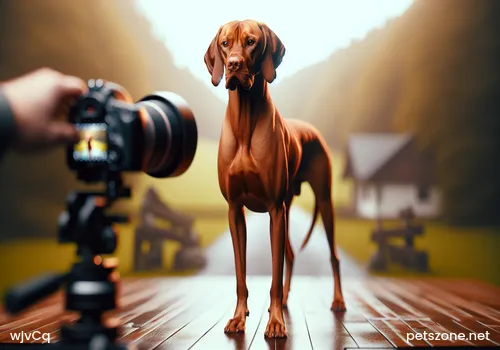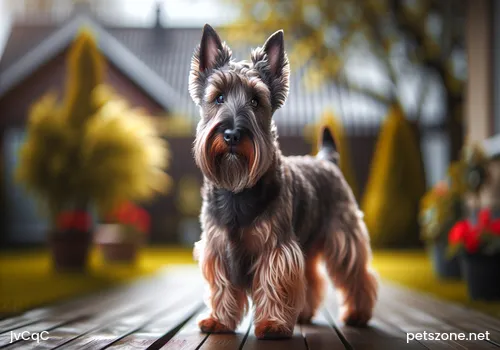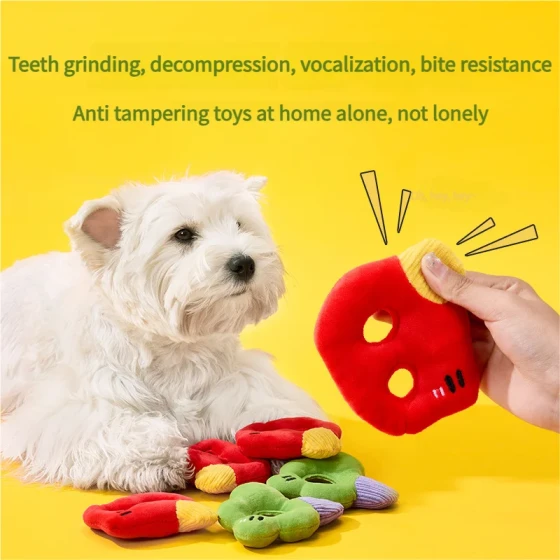How to Remove the Three Major 'Odors' of Bichon Dogs—Body Odor, Bad Breath, and Ear Odor
Many friends worry about their dogs having body odor when they buy a dog, especially female dog lovers.
Body Odor
Generally speaking, Bichon dogs have relatively minor body odor. Although they cannot compare with poodles or Schnauzers that have very light natural scents, compared to “stinky dogs” like Bulldogs or Cocker Spaniels, their body odor is indeed lighter. However, that said, dogs all have smells, and some Bichons can also be very smelly. Generally, the biggest unpleasant odors on dogs come from three “smells,” and Bichons are no exception.
So, what exactly are the three main causes of these “stinky smells” on dogs? And how to remove these odors?
Let’s find out together below.
1. Reasons for Bichon Body Odor. No matter how close dogs are to humans, dogs are still animals, and some body odor is perfectly normal.
Because of breed differences, the strength of body odor varies among dogs. Finding a dog without body odor is impossible. If the dog's skin has wounds, emitting an unpleasant smell is common. But wounds can worsen due to bacterial infection, most commonly Staphylococcus. Sensitivities, hormonal issues, endocrine disorders can all cause unpleasant odors on a dog’s skin. Moreover, parasites like lice and fleas living on the skin are also sources of bad odor.
2. How to deal with Bichon body odor?
Frequent baths can effectively reduce unpleasant body odors, but it’s important to master the correct bathing method. Overusing shampoo can harm the dog’s skin.
Dog skin has an oily secretion from sebaceous glands that protects skin health and retains moisture. Correct bathing method for your dog:
1. When bathing, hold the dog with one hand to prevent the Bichon from jumping out of the tub, meanwhile pour warm water over its body.
2. Control the dog with one hand while applying shampoo with the other, but do not apply shampoo on the head first. Then rub to create a rich foam and gently massage the skin against the direction of hair growth.
3. Next, use both hands to wash the Bichon’s head, gently massaging the foam into its coat.
4. Before rinsing the body, first rinse and dry the head. Be especially careful when rinsing around ears and eyes, avoiding splashing water inside.
5. Rinse the dog’s body thoroughly with clean warm water, ensuring no shampoo residue remains. Squeeze out excess water from the coat and towel dry. Pay special attention to ears and inner ear walls, wiping multiple times.
6. If your dog’s skin is healthy, you can use a hairdryer to dry it. If the dog’s skin gets itchy because of the heat, do not use the hairdryer.

Bad Breath
Bichons sometimes emit body odor from infrequent bathing, but they can also have unpleasant bad breath due to inadequate oral care.
Since dogs are omnivores with a preference for meat, food residues get stuck between the teeth after eating, causing bad breath. Generally, if the dog is healthy, mild bad breath can be controlled by brushing teeth or adjusting diet. However, if your Bichon has intolerable bad breath, the dog may have oral inflammation, gingivitis, periodontitis, or gastrointestinal diseases, needing veterinary treatment.
Research shows dog bad breath can cause problems in other organs and stimulate tumor growth. Bad breath can cause death of dental pulp tissues, loosening and loss of teeth. Besides dental issues, older dogs often suffer from oral tumors; dogs biting electric wires damage oral tissues by electric shock; diseases in throat, nasal cavity, oral cavity, esophagus, and liver or pancreas disorders can all cause bad breath.
The best prevention and treatment of dog bad breath is:
Feed specialized dog food and reduce or avoid human food.
Specialized dog food is not only crunchy enough to clean teeth but also formulated by experts to meet all nutritional needs effectively.

Ear Odor
The three common sources of “smell” in Bichons, besides the previously mentioned “body odor” and “bad breath,” include the possible “ear odor.”
1. Ear infections easily cause ear odor. Dogs’ ear canals easily accumulate oil, dust, and moisture.
Especially large-eared dogs; droopy ears and long hair around ear canals often cover them, causing poor air circulation in the Bichon's ears, where dirt and moisture build up, leading to infection and inflammation.
Otitis is common in long-eared breeds like Cocker Spaniels and Basset Hounds. It often affects dogs without regular ear cleaning, with foreign objects or water entering the ear canal, or infections from parasites like mites or follicle mites. Although Bichons don’t have long ears, their dense hair makes their ears prone to infection as well.
2. How to remove your Bichon’s ear odor? If the ears are inflamed or have ear mites, the odor can be very strong and pungent. How to remove the dog’s ear odor?
You must regularly give your beloved dog a thorough ear cleaning!
1. Tools: ear wash solution, medicinal cotton, hemostatic forceps.
2. Cleaning steps:
① Conduct daily inspections. Check the ear flap and ear canal for redness or black/reddish discharges.
② Wipe. Use medicinal cotton to clean the eardrum and ear canal, removing easily accessible earwax.
③ Apply ear wash. Hold the dog’s head to prevent movement, then drip the ear wash solution into the ear canal.
④ Massage. Gently massage around the eardrum to help the ear wash dissolve wax and dirt.
⑤ After about two to three minutes, the cleaning is complete. When releasing the dog, immediately move back three to four meters to avoid being splashed by the ear wash.
“Body odor,” “bad breath,” and “ear odor” — these are the three common causes of smell in Bichons. How about that?
Has this helped Bichon dog lovers? PetsZone hopes owners, through continuous learning, can popularize dog raising knowledge and turn their little Bichons into fragrant little princesses.

-560x560.webp)

-560x560.webp)